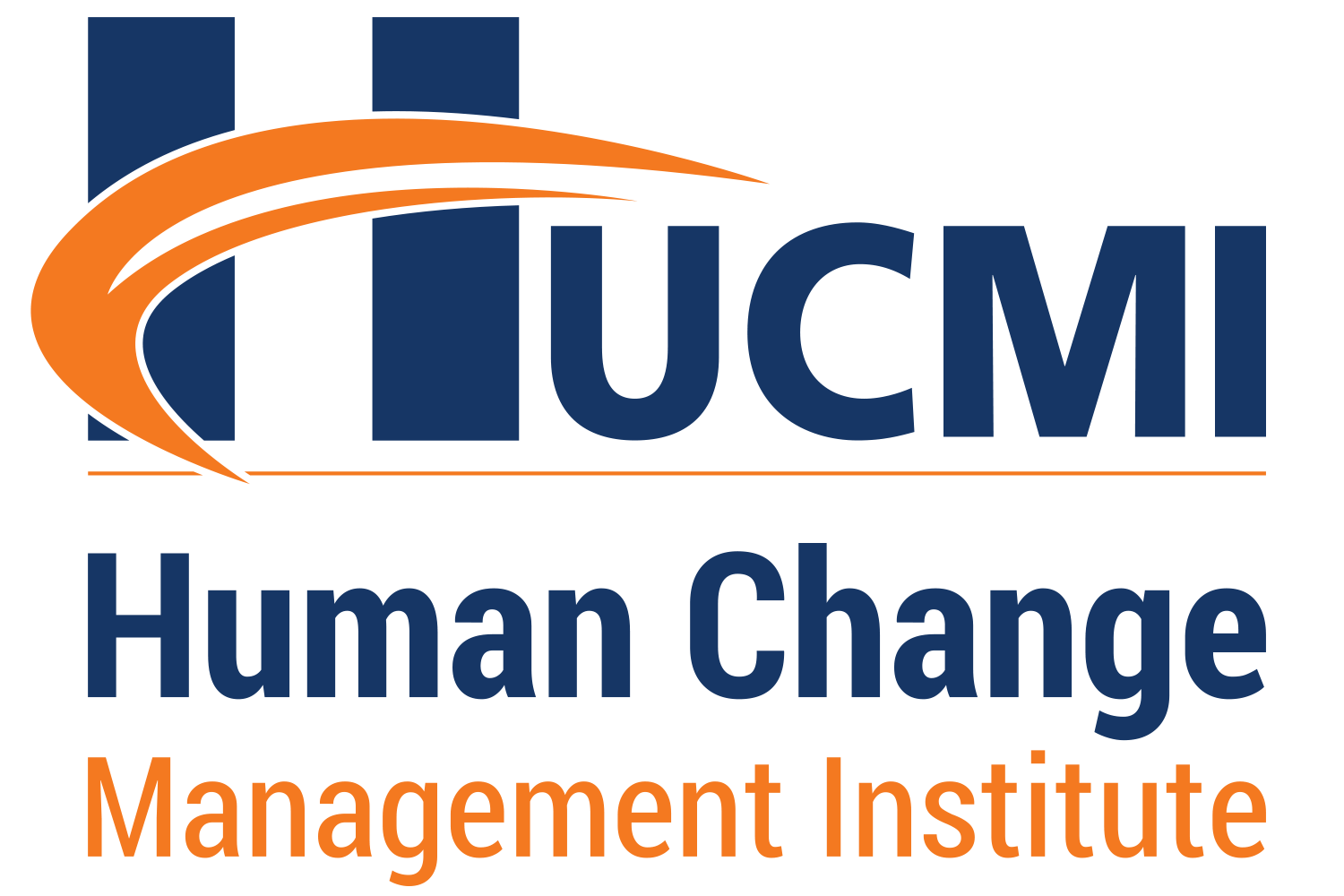Different people may respond to different kinds of stimuli in order to enact meaningful change.
When people experience enough pain or hurt, they are forced to change as a way of coping or adapting to their circumstances when an organization is facing significant challenges or disruptions. Like:
- Layoffs or downsizing: When an organization needs to cut costs or restructure, employees may experience pain or hurt if they are laid off or if their colleagues are let go. This can be a catalyst for those remaining employees to adapt to the new circumstances, take on new responsibilities, or seek new opportunities within or outside of the organization.
- Poor performance or financial struggles: If an organization is struggling to meet its goals or maintain profitability, employees may feel the impact in terms of reduced benefits, salary freezes, or increased workloads. This pain or hurt can prompt employees to look for ways to improve their own performance, collaborate more effectively with their colleagues, or advocate for changes that could improve the organization’s overall performance.
- Negative workplace culture: If an organization has a toxic or unhealthy workplace culture, employees may experience emotional pain or distress that motivates them to seek change. This could take the form of speaking up about issues like harassment or discrimination, pushing for greater transparency and accountability from leaders, or seeking out opportunities to work in a more positive environment.
When people see positive results or experiences within their organization, they may be inspired to change their behavior or actions in order to achieve similar outcomes. Like:
- Company culture: If an organization has a positive and inclusive culture, employees may be inspired to change their behavior and attitudes towards their coworkers in order to contribute to that positive culture.
- Innovation: If an organization has successfully implemented innovative ideas or practices, employees may be inspired to change their approach to problem-solving or generating new ideas in order to contribute to the organization’s success.
- Productivity: If an organization has successfully increased productivity through changes in work processes or employee engagement, employees may be inspired to change their own work habits and take ownership of their work in order to achieve similar productivity gains.
- Customer service: If an organization has a reputation for excellent customer service, employees may be inspired to change their approach to interacting with customers in order to contribute to that reputation and create positive customer experiences.
When people learn new information or skills, they may become motivated to change their behavior or actions in order to apply what they have learned and improve their work performance. Like:
- Training and development: When employees are given training opportunities, such as attending workshops or online courses, they may learn new skills or information that can help them perform their job better. As a result, they may become motivated to apply what they have learned and change their behavior to improve their work performance.
- Process improvement: When employees are trained on new processes or technologies, they may learn new ways of doing things that can improve their productivity or efficiency. They may become motivated to change their approach to work and apply what they have learned to achieve better results.
- Leadership development: When managers or leaders receive leadership development training, they may learn new strategies or techniques for managing their teams. They may become motivated to change their behavior and apply what they have learned to improve their leadership skills and the performance of their teams.
- Communication skills: When employees learn effective communication skills, they may become motivated to change their approach to communication and apply what they have learned to improve their relationships with coworkers, customers, or stakeholders.
When people receive enough support, resources, or encouragement, they may be empowered to make changes that they might not have been able to make otherwise. Like:
- Career development: When employees receive support from their managers, such as regular feedback and coaching, they may be empowered to make changes to their work performance that can help them advance in their careers.
- Diversity and inclusion: When an organization provides resources, such as training or affinity groups, to support diversity and inclusion initiatives, employees may feel empowered to make changes in their behavior or attitudes towards others that can contribute to a more inclusive work environment.
- Work-life balance: When an organization provides resources, such as flexible work arrangements or employee wellness programs, to support work-life balance, employees may feel empowered to make changes to their work schedules or personal habits that can improve their overall well-being.
- Innovation: When an organization encourages risk-taking and provides resources, such as funding or dedicated time for experimentation, employees may be empowered to make changes to their work processes or product development strategies that can lead to innovative solutions.
The best person to address these issues in an organization may vary depending on the specific circumstances and the scope of the issues. However, in general, it is important for organizational leaders, including managers and executives, to take responsibility for addressing these issues and creating a culture that supports positive change. This includes providing resources, support, and encouragement to employees, fostering an inclusive and positive workplace culture, and investing in employee training and development. Additionally, employees themselves can take proactive steps to address these issues, such as speaking up about concerns, seeking out resources and training opportunities, and collaborating with others to drive positive change. Ultimately, addressing these issues requires a collective effort and a commitment to ongoing learning, growth, and improvement.
It is evident that the competencies of Change Management are indispensable for all Leaders, Managers, and Executives to augment their existing skill sets. By doing so, they can not only navigate the changes taking place around them effectively but also ensure sustainable growth for their organization.
To address this challenge, the Human Change Management Institute® (HUCMI®) has developed the Human Change Management Body of Knowledge® (HCMBOK®) methodology. This approach is highly flexible and can be tailored to meet specific organizational needs. Currently, more than 7,000 professionals from 1,600 organizations across 50 countries have been certified in the HCMBOK® methodology by HUCMI®.
WinningThruChange (www.winningthruchange.com) is an authorized training partner for HUCMI® in India, Sri Lanka, Bangladesh, Middle Eastern & ASEAN Countries.
Want to learn more about HUCMI’s international training and certification programs? Visit us on: https://hucmi.com/gestao-de-mudancas-treinamento-e-certificacao/
Follow us: https://linktr.ee/hucmiinter

